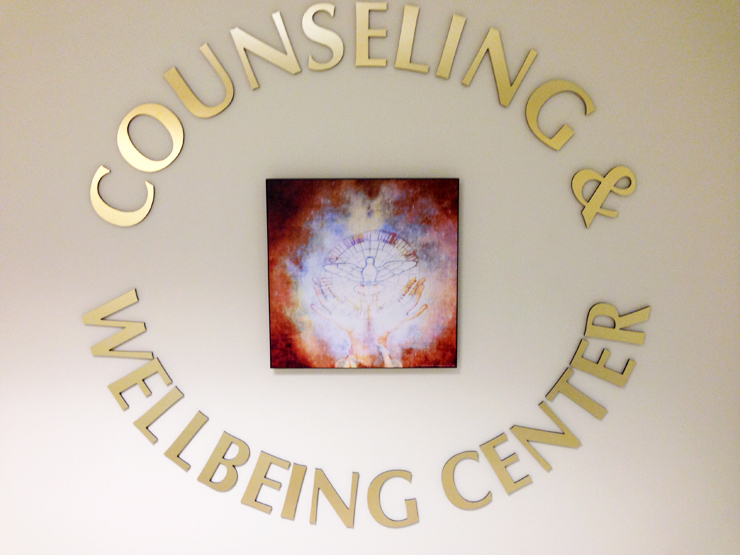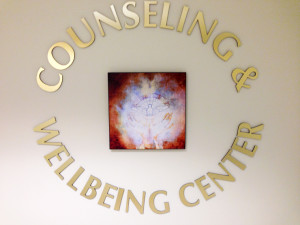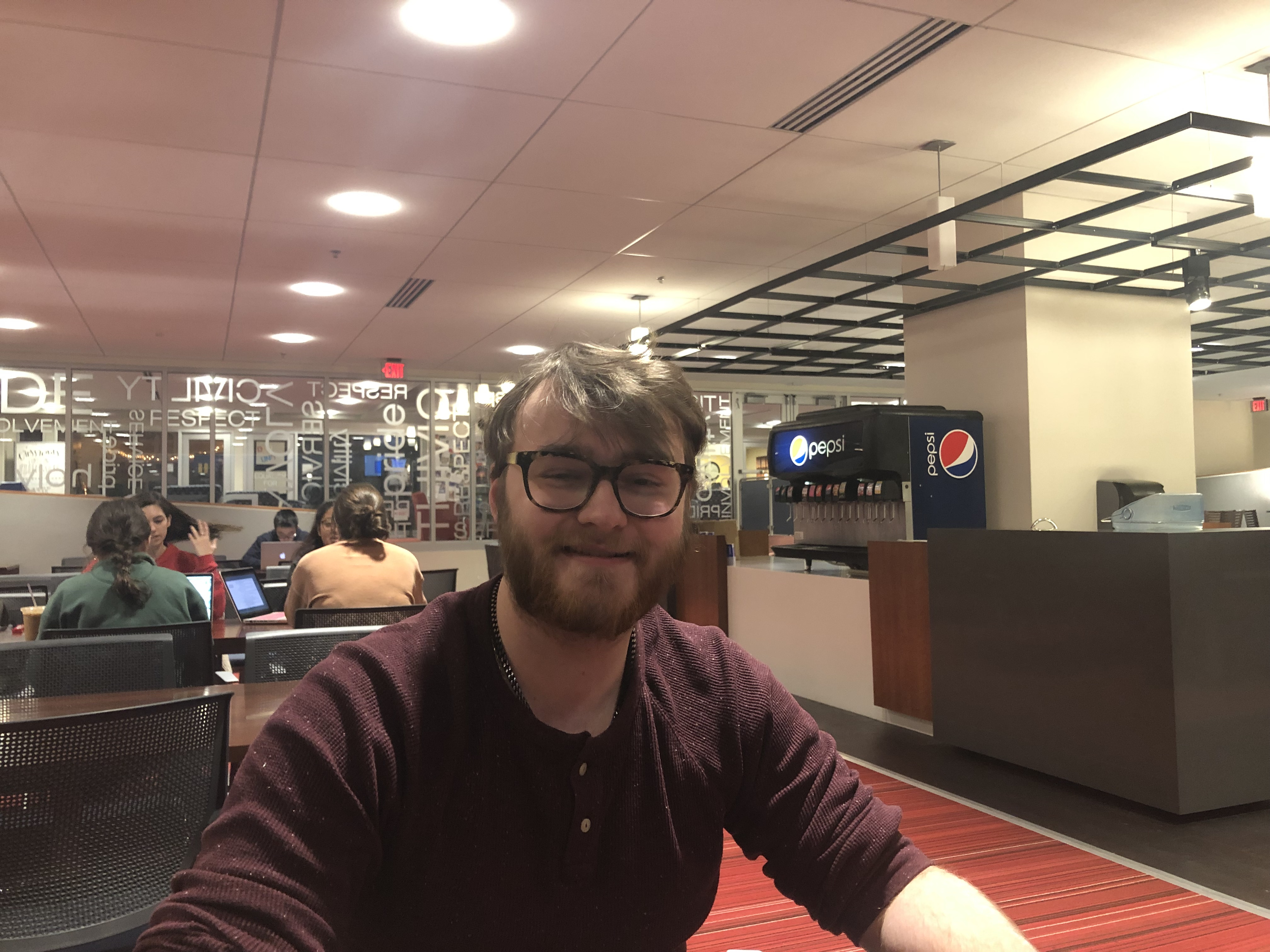

The Counseling and Wellbeing Center is on the sixth floor of Fisher Hall. There are many resources availble on campus to help students maintain mental health.
More than 70 percent of college counseling center directors say the number of students with significant psychological problems has risen in the last year, according to a survey done by the Association for University and College Counseling Center Directors. As the new semester starts, students struggling with anxiety, stress, homesickness and other ailments can take advantage of Duquesne’s free counseling center and Wellbeing Club.
The University Counseling and Wellbeing Center is located at 636 Fisher Hall. Christopher Molinari works at the center and said its services encompass many aspects of students’ lives.
“The human experience isn’t one dimensional,” Christopher Molinari said, “and there’s no one way to go about it.”
Molinari and Emily Stokoski founded the Wellbeing Club two years ago and are Wellbeing Educators in the University Counseling and Wellbeing Center.
Included in the services of the Wellbeing Club are weekly meetings on Wednesdays from 8 p.m. to 9:30 p.m. in the Spiritan Campus Ministry Center.
The UCWC provides many different services to address students’ needs, from individual and group therapy to a meditation room. Individual psychotherapy is one of the most popular services according to Molinari and Stokoski, and it, along with all other services, is available for free to all enrolled students.
While these personal psychotherapy sessions can be invaluable to some students, many students who could benefit from these services may simply choose not to use them, Molinari said.
When asked as to why this may be, Molinari suggested that there is “a stigma against getting counseling services.”
Stokoski said this stigma might be a result of poor education about mental health issues as well as a culture where “your self-care gets put to last.”
According to Stokoski, students may feel intimidated by counseling or feel like it is not for them.This is a risky attitude to carry, however, as it means that students might forego seeking help for their stress and anxiety.
Molinari points out that students who wait until they have some sort of crisis before seeking counseling are somewhat missing the point of the resources available for them.
“Actually, in our training,” he explained, “if someone comes to us [post-crisis], then that’s not the ideal time. The ideal time is before it ever happens.”
That’s not to say that the center does not handle crises, Molinari and Stokoski explained, but that identifying a need for mental-health help is paramount in preventing them.
In case of an after-hours emergency, their website urges students to call campus police or to go to the closest emergency room. Campus police will connect the student to an on-call therapist. When the office is open, the center has two triage coordinators to assess and treat psychological emergencies.
In addition to personal therapy, the center offers wellbeing coaching, which Molinari and Stokoski run as part of the services they offer as Wellbeing Educators in the UCWC. Stokoski explained that these sessions are available to students who might not have a psychological concern, but are interested in finding balance in their lives.
Molinari and Stokoski said there are small steps students can try on their own to maintain their mental health.
“If you can,” Molinari said, “make a little bit of time every day for your physical, mental, emotional and spiritual needs. […] When you balance those aspects of your life, and give each one of them attention, each other area is going to flourish.”
Stokoski added, “And just try to get enough sleep! Just try to sleep!”




